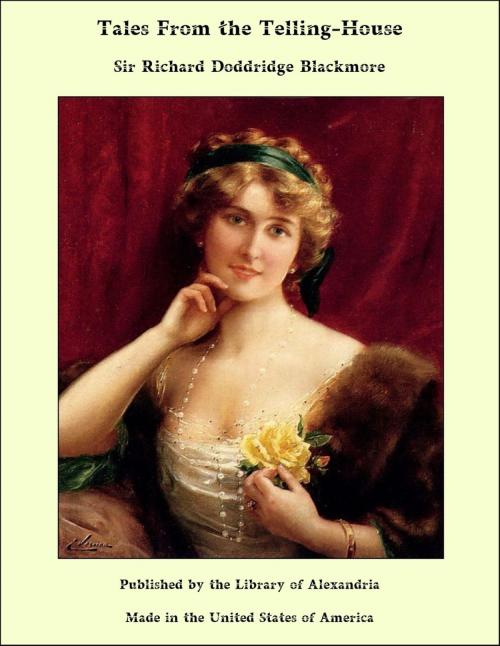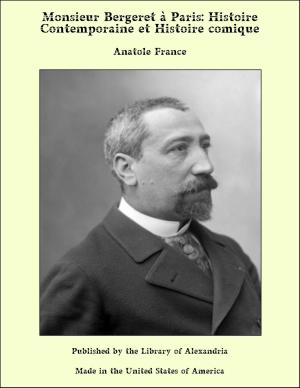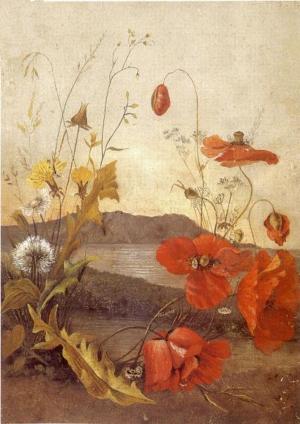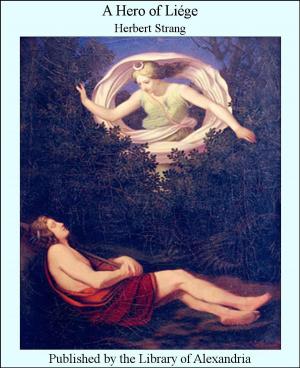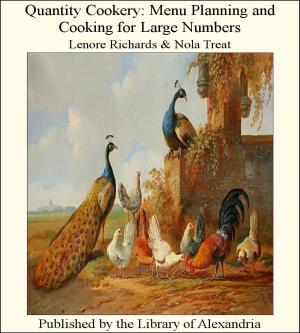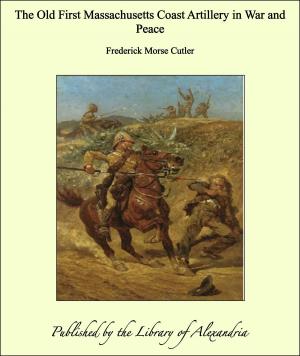Tales From the Telling-House
Nonfiction, Religion & Spirituality, New Age, History, Fiction & Literature| Author: | Sir Richard Doddridge Blackmore | ISBN: | 9781465607768 |
| Publisher: | Library of Alexandria | Publication: | March 8, 2015 |
| Imprint: | Language: | English |
| Author: | Sir Richard Doddridge Blackmore |
| ISBN: | 9781465607768 |
| Publisher: | Library of Alexandria |
| Publication: | March 8, 2015 |
| Imprint: | |
| Language: | English |
Sometimes of a night, when the spirit of a dream flits away for a waltz with the shadow of a pen, over dreary moors and dark waters, I behold an old man, with a keen profile, under a parson’s shovel hat, riding a tall chestnut horse up the western slope of Exmoor, followed by his little grandson upon a shaggy and stuggy pony. In the hazy folds of lower hills, some four or five miles behind them, may be seen the ancient Parsonage, where the lawn is a russet sponge of moss, and a stream tinkles under the dining-room floor, and the pious rook, poised on the pulpit of his nest, reads a hoarse sermon to the chimney-pots below. There is the home not of rooks alone, and parson, and dogs that are scouring the moor; but also of the patches of hurry we can see, and the bevies of bleating haste, converging by force of men and dogs towards the final rendezvous, the autumnal muster of the clans of wool. For now the shrill piping of the northwest wind, and the browning of furze and heather, and a scollop of snow upon Oare-oak Hill, announce that the roving of soft green height, and the browsing of sunny hollow, must be changed for the durance of hurdled quads, and the monotonous munch of turnips. The joy of a scurry from the shadow of a cloud, the glory of a rally with a hundred heads in line, the pleasure of polishing a coign of rock, the bliss of beholding flat nose, brown eyes, and fringy forehead, approaching round a corner for a sheepish talk, these and every other jollity of freedom—what is now become of them? Gone! Like a midsummer dream, or the vision of a blue sky, pastured—to match the green hill—with white forms floating peacefully; a sky, where no dog can be, much less a man, only the fleeces of the gentle flock of heaven. Lackadaisy, and well-a-day! How many of you will be woolly ghosts like them, before you are two months older!
Sometimes of a night, when the spirit of a dream flits away for a waltz with the shadow of a pen, over dreary moors and dark waters, I behold an old man, with a keen profile, under a parson’s shovel hat, riding a tall chestnut horse up the western slope of Exmoor, followed by his little grandson upon a shaggy and stuggy pony. In the hazy folds of lower hills, some four or five miles behind them, may be seen the ancient Parsonage, where the lawn is a russet sponge of moss, and a stream tinkles under the dining-room floor, and the pious rook, poised on the pulpit of his nest, reads a hoarse sermon to the chimney-pots below. There is the home not of rooks alone, and parson, and dogs that are scouring the moor; but also of the patches of hurry we can see, and the bevies of bleating haste, converging by force of men and dogs towards the final rendezvous, the autumnal muster of the clans of wool. For now the shrill piping of the northwest wind, and the browning of furze and heather, and a scollop of snow upon Oare-oak Hill, announce that the roving of soft green height, and the browsing of sunny hollow, must be changed for the durance of hurdled quads, and the monotonous munch of turnips. The joy of a scurry from the shadow of a cloud, the glory of a rally with a hundred heads in line, the pleasure of polishing a coign of rock, the bliss of beholding flat nose, brown eyes, and fringy forehead, approaching round a corner for a sheepish talk, these and every other jollity of freedom—what is now become of them? Gone! Like a midsummer dream, or the vision of a blue sky, pastured—to match the green hill—with white forms floating peacefully; a sky, where no dog can be, much less a man, only the fleeces of the gentle flock of heaven. Lackadaisy, and well-a-day! How many of you will be woolly ghosts like them, before you are two months older!
